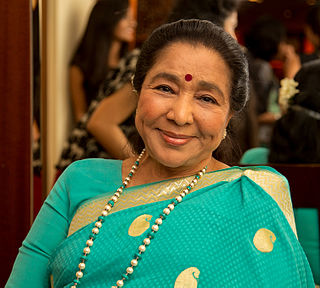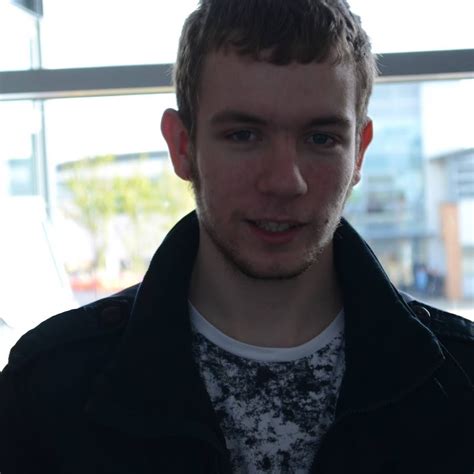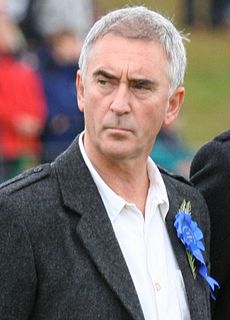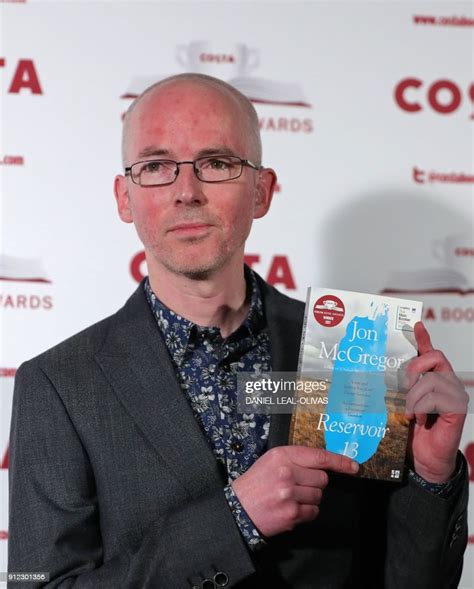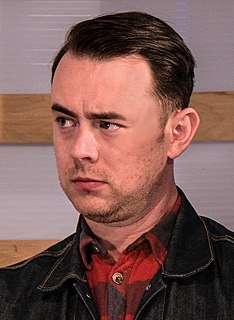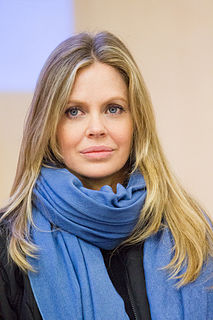A Quote by Alan Alda
I think when you're acting, you usually don't have to know too much beyond how to pronounce the words you're saying.
Related Quotes
Introducing a spelling test to a student by saying, 'Let's see how many words you know,' is different from saying, 'Let's see how many words you know already.' It is only one word, but the already suggests that any words the child knows are ahead of expectation and, most important, that there is nothing permanent about what is known and not known.
I don't know what acting is, but I enjoy it. I think we ask too many questions of ourselves. We make too much importance of stuff. But I do say to actors when I have taught in classes, or when I sometimes do a talk to a group. I'll say, “If I never acted again, the world wouldn't stop, nor would it stop if I didn't stop acting. That's how important it is. I know it [seems] important when you're young. But I say, “Lighten up. Don't take it all so seriously.” All the gurus and teachers will take your money and run.
We accepted a definition of ourselves which confined the self to the source and to the limitations of conscious attention. This definition is miserably insufficient, for in fact we know how to grow brains and eyes, ears and fingers, hearts and bones, in just the same way that we know how to walk and breathe, talk and think - only we can't put it into words. Words are too slow and too clumsy for describing such things, and conscious attention is too narrow for keeping track of all their details.
I try to think of acting in terms of thinking and doing. People think of it as, "Oh, let's get inside this guy." They think that acting is being, or feeling, or emoting. It's as much doing. One of the first things you do as an acting student is ask, "Can you say words and do a task at the same time, like sweep a floor?" You get to watch the human condition, and there's always a "doing" aspect of it. This couple, they're carrying backpacks, where are they going? Students? Or are they carrying instruments? It stimulates the imagination. So acting is doing ... and I forget how we got off on that.
Ewan was auditioning to get into acting college and asked me for advice as he wasn't connecting with the piece he was learning. I told him to think about a time he'd been beaten up in Glasgow and how he felt when the guy had punched him for no reason. He then made the connection between emotion and the words he was saying, which is what acting is.
I'm always amazed that anyone is paying attention to anything that I do, you know what I mean? I feel like I'm constantly having conversations with people where they're saying, "I didn't know that you could be serious," and then other people are saying, "Oh, I didn't know that you could do comedy." And so I don't know if it really helped too much with this. I like to think that it does.
I don't really think I have the personality. I am not very external. I don't want to dance on the table and do impressions. So I think that the way I approach it is really loving story. That's my first love - the words. The words and the story and how to create images. I guess I come at that as a director. I think that's much more in my personality to be a director, so that's kind of informed my acting.
Every director should take an acting class. At least one. You know, you panic with actors. It's like, "Okay, this is back in college, I know how to talk to these guys. I know their vocabulary, and I get what they're saying back to me." So basically to learn the vernacular of acting, that's very important.

